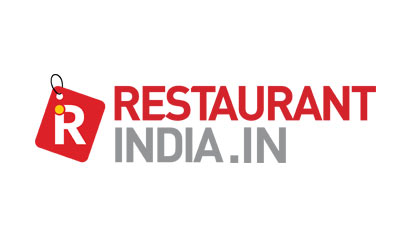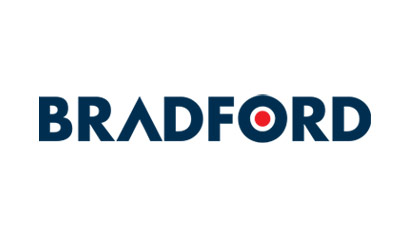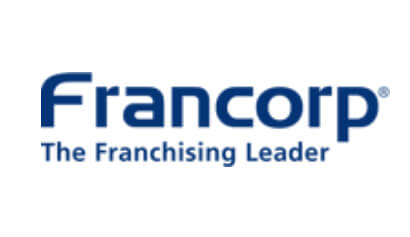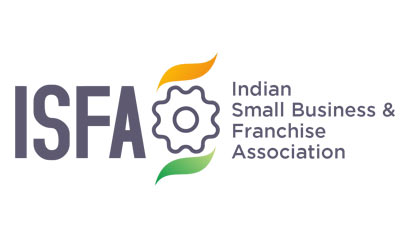To get access to over 10000+ Franchise Business Opportunities.
Network with the growing Business Community to get expert interventions to let you learn to Grow & Expand your Business with Franchising.
Pre-school industry is going through a transition phase where adopting a niche segment and assuming leadership roles are increasingly becoming the norm with new entrants!
INSISTENT demand for quality education even at a play school-level is forcing the way this business is approached.
Ever since play schools started to blossom, they were linked to a typical neighbourhood concept of 1,000-1,200 Sq.ft, catering to a small market between two and three km radius. The rental values back then were between Rs 5 and 10 per Sq.ft and one could access the property at Rs 1,0,000-15,000 per month. It made a lot of financial sense then. Two rooms with 20 kids per room and a fee of Rs 25,000 produced an annual revenue of Rs 10 lakh. Rent was Rs 1.2 lakh to 1.5 lakh, which was still within 15 per cent of the revenue, an acceptable industry norm.
Now, with the booming economy and higher disposable incomes, parents demand better facilities, curriculums and are willing to shell out extra money to get that additional value for their kids. This means that play schools have to provide better facilities like 1,600-2,000 Sq.ft and at a higher rental value of Rs 20 lakh+ per square foot (PSF), taking annual rent to Rs 3.5 lakh+. Also, more facilities mean high capital investments. The combination of high capex and low profits from operations require a different approach to business. Play schools, especially in premium/brand segment now need to be approached as an investment in retail showrooms with reasonably low return on investments (RoIs). So, premium locations with high fee structure and an elaborate curriculum have become a norm in this segment.
A shift in franchisees' profile
Typically, play schools were always considered to be a neighbourhood concept with women entrepreneurs and reasonable investment capacity. Now, with this shift in the business approach, it needs a high capex and definitely strong management skills to run the play school as a business unit. It is often said “Play schools are no longer a child's play”. This is now a serious business venture. What this has done is the emergence of investor-class to run the chain of play schools. So, a large investor will do multi-unit i.e. two and three units in the city and appoint centre managers to take care of daily operations. Play schools are no longer considered as one for neighbourhoods, but for the city. So, one will have a limited roll-out, capturing the most fruitful/prominent locations in the city.
How do premium play schools address this dynamic India play school market?
When we say the market is saturated it doesn't mean there is no scope for a new player, It only means that new entrants need to have a clear differentiation. So, in the next business cycle (at the time of enrollment) a winner will be the one who has a better proposition to offer! In 1990s, when play school concept started in India, it was primarily driven by convenience and low-fee structure. Parents were happy to give Rs 12,000 per annum and get their kid started with a local play school. With the booming economy, branded play schools entered the market. However, they didn't create a new market; they offered a better experience, improved curriculum and teaching methods. Parents are comfortable shelling out 18,000 for this segment. Recently, we see premium play schools doing well in India, again as they have forced parents (decision-making unit) to shift from a simple play school to a more advanced learning based play school format where overall grooming of a kid is the main focus. There is always a target group available in the existing markets to shell out between Rs 35,000 and 40,000 per annum for a different approach to learning. Right communication to a right target group holds the key to a better future in a play school business.
Anshul Bansal is a dynamic professional with rich and diversified experience in franchise consulting. A Strategy Consultant with Franchise India, Anshul has helped many domestic as well as international brands, including education brands to expand and enter Indian market.


Business Opportunities
Browse By Investment Range
Browse By States
Popular Cities















